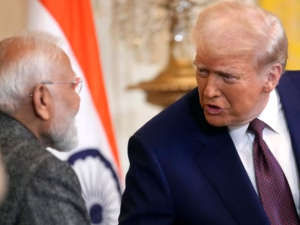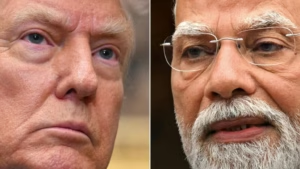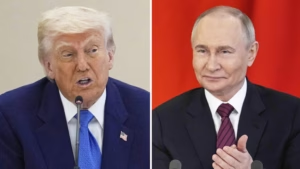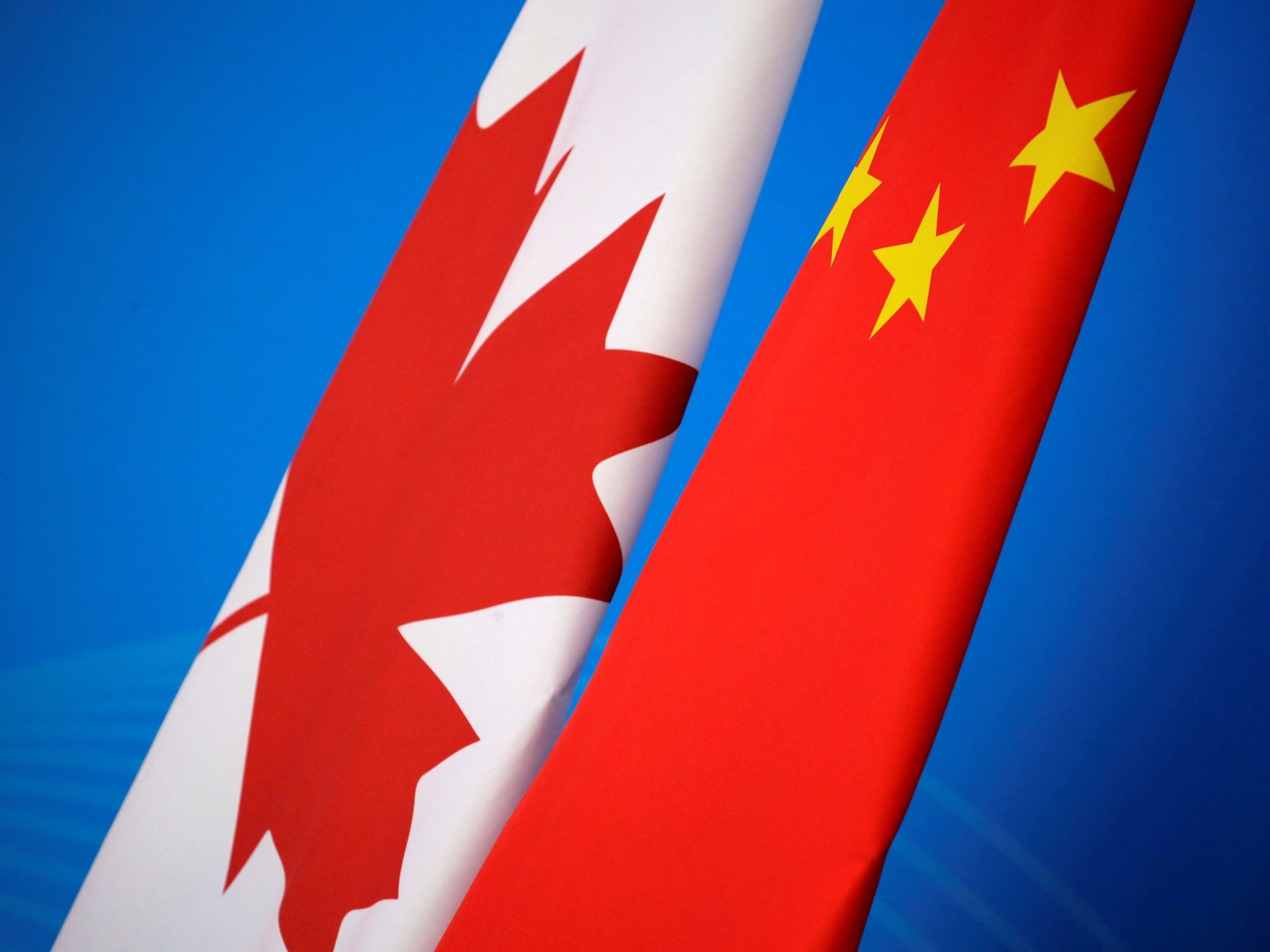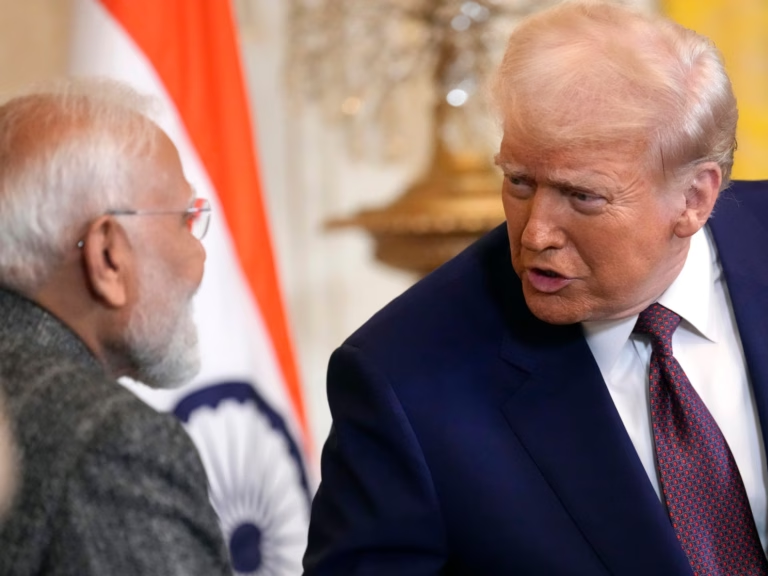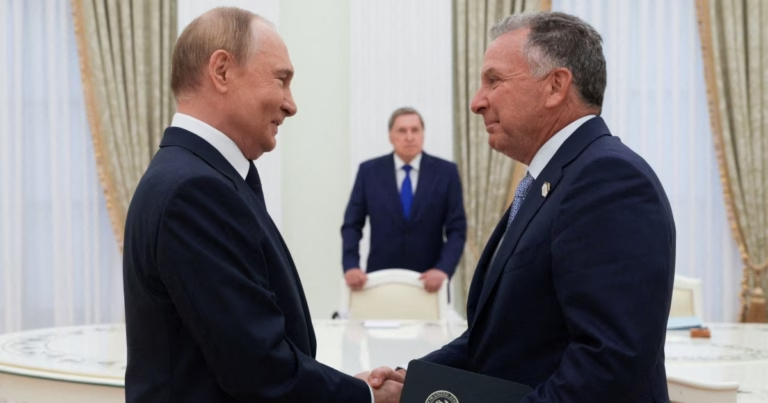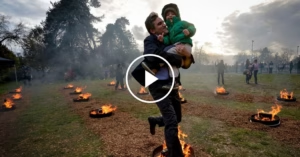China’s embassy in Ottawa confirms the execution of four Canadian-Chinese citizens for drug offenses.
China executed four Canadian citizens for drug-related offenses earlier this year, despite multiple pleas for clemency, according to Canada’s Ministry of Foreign Affairs.
Foreign Minister Melanie Joly strongly condemns the executions, and both she and former Prime Minister Justin Trudeau had asked for leniency in each case.
Joly did not provide further details about the four Canadians due to privacy requests from their families.
Charlotte MacLeod, a spokesperson for Canada’s Global Affairs, stated that Ottawa would continue to provide consular assistance to the families and remains steadfast in its opposition to the use of the death penalty in all cases worldwide.
While executions of Westerners in China are relatively rare, the four Canadians were also dual Chinese citizens, a status that Beijing does not recognize.
The Chinese embassy in Ottawa stated that the four individuals had been granted a fair trial and due process in strict accordance with the law.
China is a rule-of-law country. Whoever violates the law of China must be held accountable in accordance with the law.
The embassy also stated that the facts of the crimes committed by the Canadian nationals involved in the cases were clear, and the evidence was solid and sufficient.
Ketty Nivyabandi, secretary-general of Amnesty International Canada’s English-speaking section, said that the executions of Canadian citizens by Chinese authorities should be a wake-up call for Canada.
According to Canadian media, about 100 Canadians are currently held in China, many of them on drug offenses. One of the highest-profile cases is that of Robert Schellenberg.
Canada’s arrest of Huawei executive Meng Wanzhou at the request of United States law enforcement in late 2018, as well as Beijing’s detention of two Canadians on espionage charges the same year and allegations of Chinese interference in Canadian elections, has led to a decline in Sino-Canadian relations.
The tension now appears to have spread to the trade relationship between both countries.
Beijing announced tariffs on Canadian agricultural goods after Ottawa imposed a 100 percent levy on Chinese-made electric vehicles last year.
Peter Humphrey, a former British investigator who advocates for foreigners detained in China, stated that China executing a significant number of foreign citizens in quick succession was absolutely unprecedented.
“This is really a strong signal that China has no intention of patching things up with Canada,” he said.
Foreign Minister Melanie Joly strongly condemns the executions, and both she and former Prime Minister Justin Trudeau had asked for leniency in each case.
Joly did not provide further details about the four Canadians due to privacy requests from their families.
Charlotte MacLeod, a spokesperson for Canada’s Global Affairs, stated that Ottawa would continue to provide consular assistance to the families and remains steadfast in its opposition to the use of the death penalty in all cases worldwide.
While executions of Westerners in China are relatively rare, the four Canadians were also dual Chinese citizens, a status that Beijing does not recognize.
The Chinese embassy in Ottawa stated that the four individuals had been granted a fair trial and due process in strict accordance with the law.
China is a rule-of-law country. Whoever violates the law of China must be held accountable in accordance with the law.
The embassy also stated that the facts of the crimes committed by the Canadian nationals involved in the cases were clear, and the evidence was solid and sufficient.
Ketty Nivyabandi, secretary-general of Amnesty International Canada’s English-speaking section, said that the executions of Canadian citizens by Chinese authorities should be a wake-up call for Canada.
According to Canadian media, about 100 Canadians are currently held in China, many of them on drug offenses. One of the highest-profile cases is that of Robert Schellenberg.
Canada’s arrest of Huawei executive Meng Wanzhou at the request of United States law enforcement in late 2018, as well as Beijing’s detention of two Canadians on espionage charges the same year and allegations of Chinese interference in Canadian elections, has led to a decline in Sino-Canadian relations.
The tension now appears to have spread to the trade relationship between both countries.
Beijing announced tariffs on Canadian agricultural goods after Ottawa imposed a 100 percent levy on Chinese-made electric vehicles last year.
Peter Humphrey, a former British investigator who advocates for foreigners detained in China, stated that China executing a significant number of foreign citizens in quick succession was absolutely unprecedented.
“This is really a strong signal that China has no intention of patching things up with Canada,” he said.
